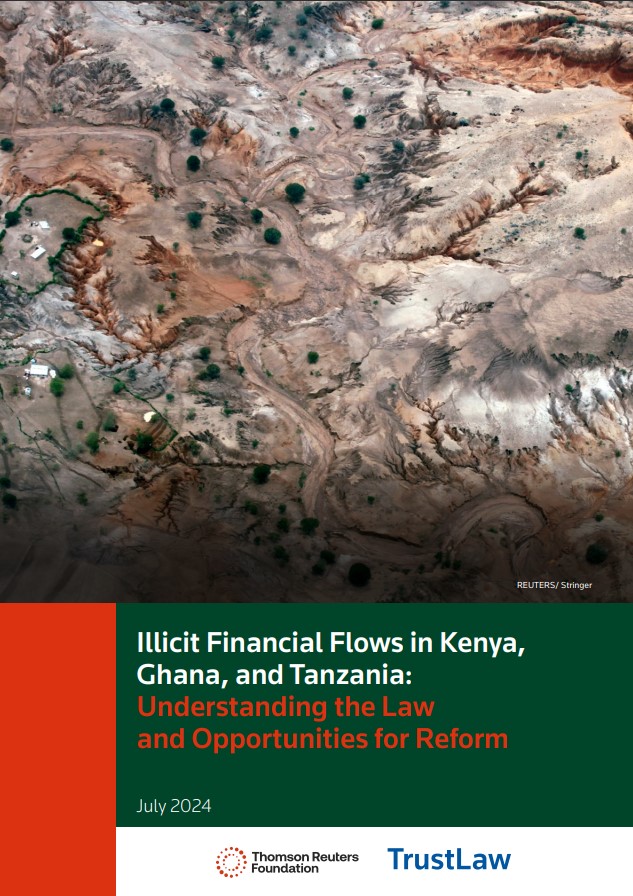This report provides a comprehensive overview of the legal and institutional frameworks governing illicit financial flows (IFFs) in Kenya, Ghana, and Tanzania at international, regional, and national levels. It delves into three prevalent forms of IFFs: tax-related IFFs, corruption, and money laundering. It addresses tax-related IFFs arising from aggressive tax planning and evasion, with a focus on the extractive sector in Ghana and Tanzania, although the study in Kenya is not sector-specific. The report then investigates corruption, a significant source of IFFs in all three countries, with a particular focus on the extractive sector in Ghana and Tanzania. Additionally, it examines money laundering in Kenya, emphasizing the banking and real estate sectors. It concludes by discussing the role of civil society organizations (CSOs) in combating IFFs, highlighting the challenges they face, and offering recommendations for effectively addressing these challenges.
Related resources
View all
Three steps to an AI-ready newsroom: A practical guide
This practical starter guide is designed to help…
Read More
TrustLaw Index of Pro Bono 2024
The TrustLaw Index of Pro Bono identifies global trends in the pro bono marketplace, highlights…
Read More
Towards Algorithmic Transparency in the Public Sector in Latin America
This report assesses the…
Read More
Journalism in the AI Era: A TRF Insights survey
Our new report shines a spotlight on journalism in the AI era and…
Read More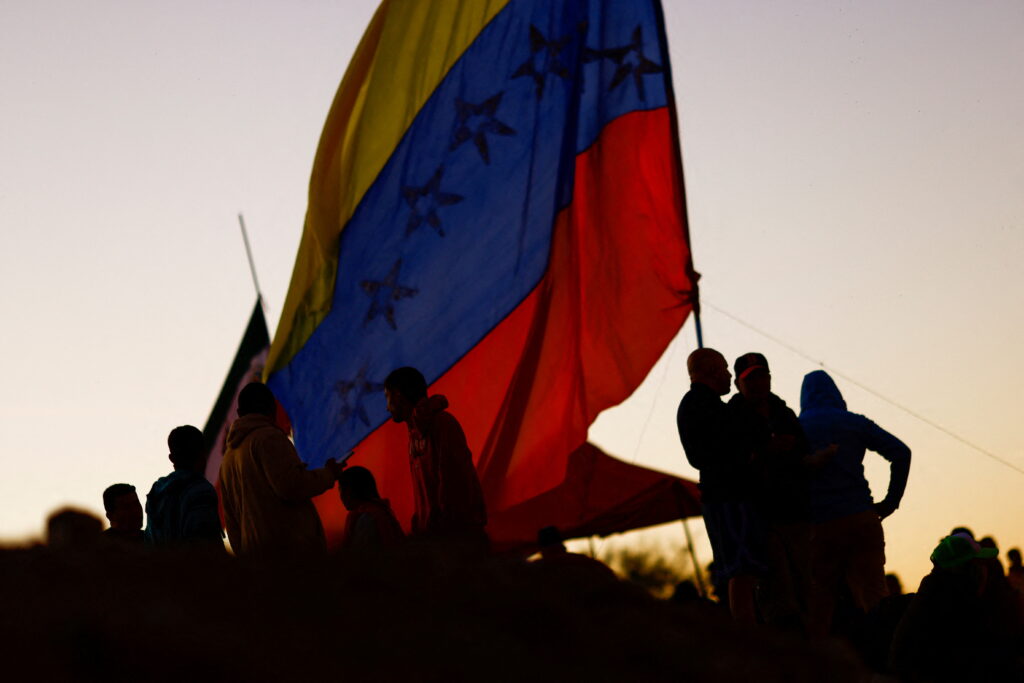
Guía sencilla para migrantes y solicitantes de asilo venezolanos en Argentina
Esta guía…
Read More
Navigating Intellectual Property Laws in the United States
This guide on intellectual property (IP) delves…
Read More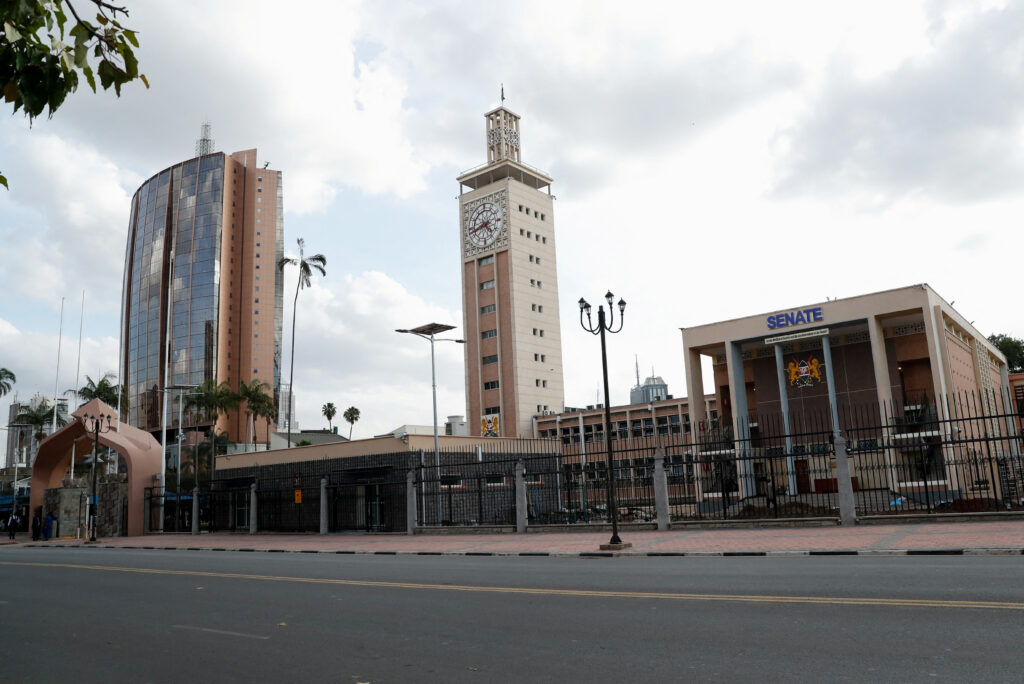
Non-profit Structuring Guide for Kenya
This guide is designed to provide a clear and thorough understanding of the various…
Read More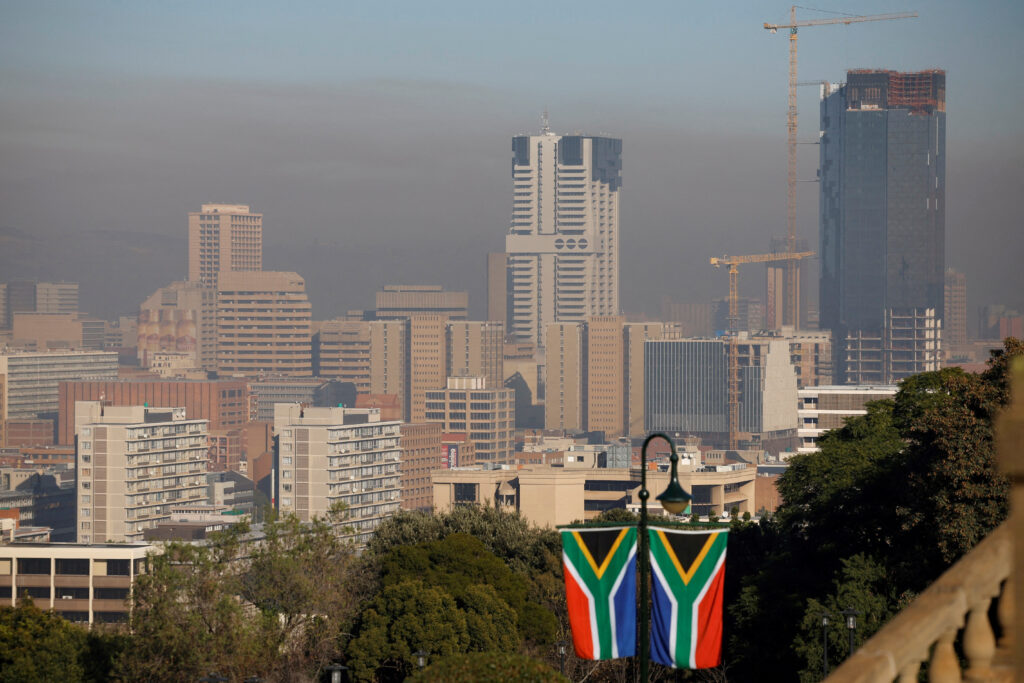
2024 AI Governance for Africa Toolkit
This toolkit unpacks the context of AI governance, in Africa and globally, and…
Read More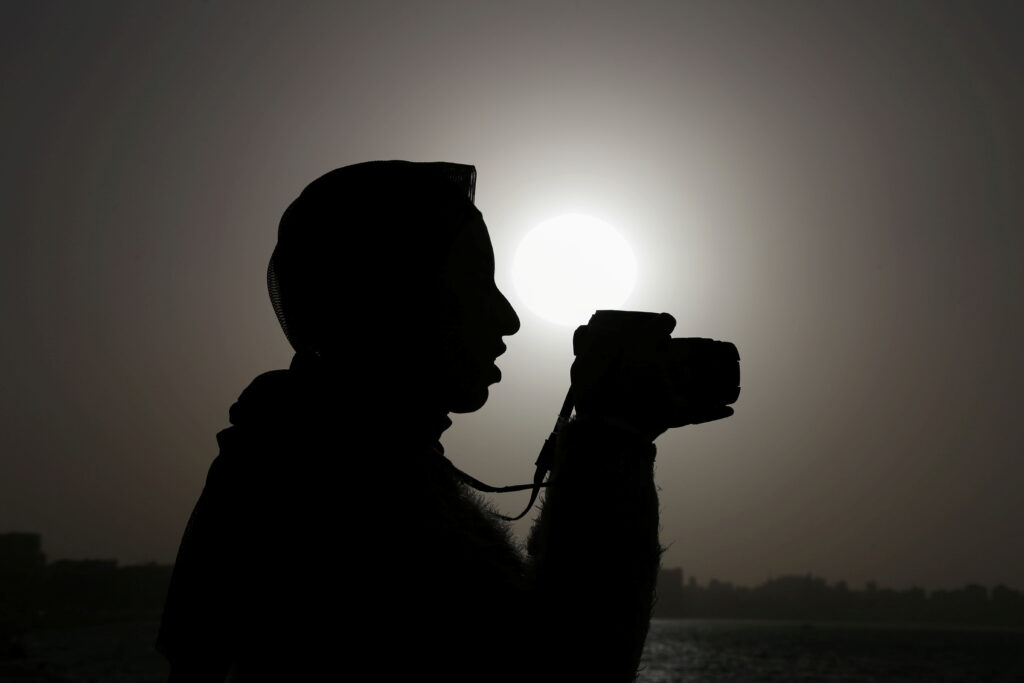
Legal Structuring Guides to set up a Media Organisation in Costa Rica, Mexico, and the United States
These guides outline different for-profit and non-profit structure options for media…
Read More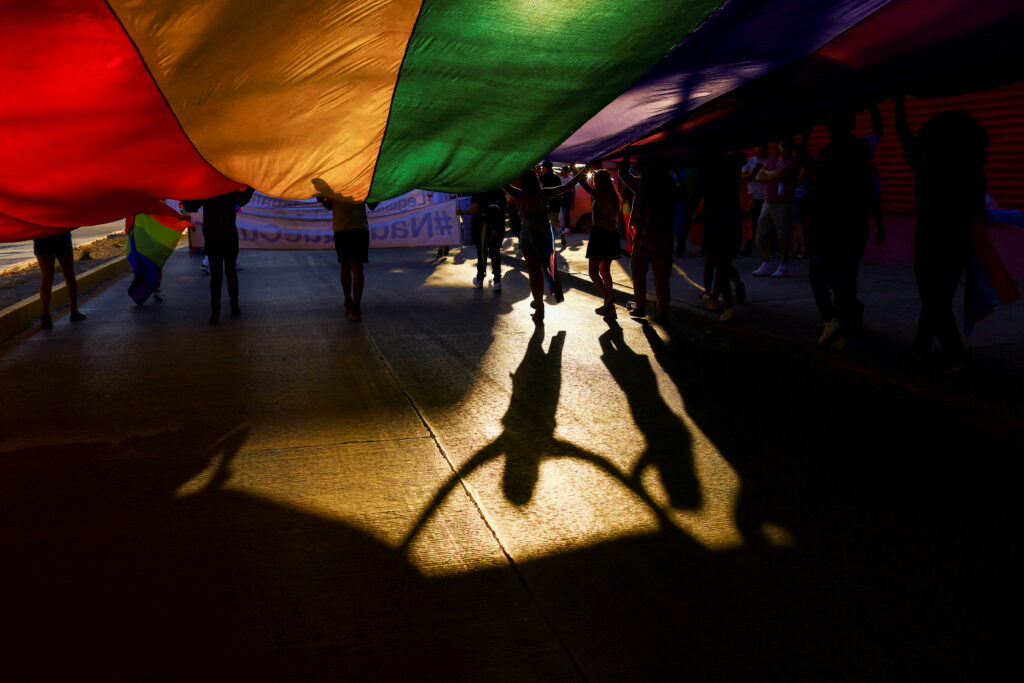
Equal Marriage and Civil Unions in Costa Rica, Mexico, Argentina, Spain and Guatemala
Th…
Read More


